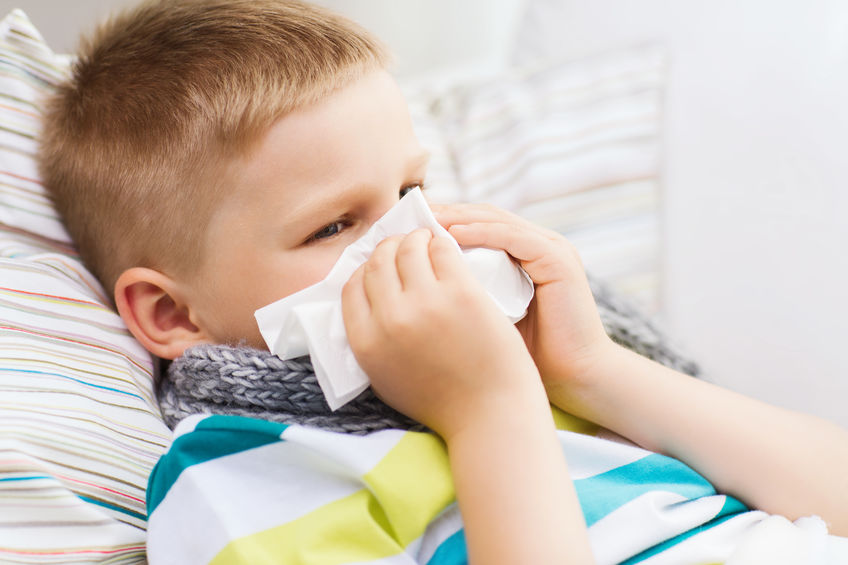“Don’t drink.”
“Go to class.”
“Remember to actually put the detergent in when you’re doing laundry.”
These were the phrases you probably prepared yourself to say (over and over again) to your teenager when you dropped them off at college.
But this year, “Stay 6 feet away from everyone,” “Always wear your mask,” and “Bring hand sanitizer with you wherever you go,” were probably added to that list.
There’s no doubt about it that the COVID-19 pandemic has drastically changed the college experience. And for students who are not going the virtual route, campus life has changed dramatically, too.
COVID-19 has been spreading across college campuses. According to a New York Times survey of more than 1,700 American colleges and universities — including all four-year public schools and private colleges that participate in NCAA sports — there have been more than 252,000 cases and at least 80 deaths on college campuses since the pandemic started (as of November 5).
As college cases climb, COVID-19 prevention on campus has become more important than ever. So if your teen spent the last few months on campus, their holiday homecoming is a perfect time to revisit that list of prevention to-dos.
Having a serious talk with a teenager doesn’t always go quite as planned, but you can help move things in the right direction by being prepared and having a strategy.
Also Read: Getting Past One-Word Answers: 5 Questions to Ask Your Teenager About School During the Pandemic
Here are 6 ways to make your conversation productive.
1. Skip the interrogation.
College students across the country have reported feeling vilified. Numerous articles and news stories have come out chastising college students for throwing parties or flouting mask-wearing. However, while there are certainly some students making poor decisions, the vast majority of them are actually doing a great job at taking steps to prevent COVID-19.
That means that it might be strategic to avoid the checklist where you ask them if they wear their mask, social distance, disinfect, etc. College students crave independence and don’t want to feel like they’re constantly being checked up on, like a child.
If you really want to get to the bottom of your teen’s habits, ask them what others are doing. If their friends aren’t throwing parties and are always wearing masks, it’s likely that your teen is, too.
2. But … don’t be afraid to lay down the law.
If your teen makes comments about it not being a big deal, or says that they haven’t been wearing a mask and “I’ve been fine,” it’s time to amp up the sternness.
Offer reminders such as:
- COVID-19 cases have been on the rise. Even if they’ve been safe in the past, that doesn’t mean they will always be safe.
- Young, healthy people may have a lower risk of severe illness — but there have still been plenty of cases of them getting very sick.
- Even if they do not get a severe case, COVID-19 can have lasting effects that could impact their career. For example, COVID-19 can cause permanent lung damage. If your teen is a musical theatre major, that lung damage could threaten their career path.
- Being lax about prevention doesn’t just put them at risk — it puts their friends and the people they love at risk.
You may also want to talk to your teen about the financial implications if they get suspended or expelled for breaking the rules, and the school does not reimburse their tuition.
3. Check in on their mental health.
COVID-19 has taken a toll on almost everyone’s mental health. It’s been particularly hard on college students — especially freshmen who were looking forward to their first year of independence, and seniors who couldn’t wait for that highly anticipated senior year.
Since teens are notorious for their one-word answers, ask questions that will elicit at least a couple of sentences and help you truly gauge their mental health. For example, instead of asking, “Has this been hard on you?” ask, “What has been the most difficult thing about COVID-19?”. If they say it has been tough, try asking, “How can I help?” rather than, “Do you need me to do anything?”
Always start your response by validating their feelings, even if it seems like they’re upset about something trivial (e.g., “I don’t like how I look in my mask”). It’s important to make sure they know they’re being heard and that they feel comfortable communicating with you.
Whether you get into a long conversation or they say “fine” and turn back to Tik Tok, be on the lookout for signs that they may need professional help. These include:
- Frequent sadness or crying, or increased irritability, most days for the past 2 weeks
- Trouble concentrating
- Talking about feeling worthless, guilty about things that are not their fault, or hopeless about their future
- Drug or alcohol use
- Extreme sensitivity to criticism
- Physical symptoms, such as unexplained pain or digestive issues, that don’t respond to treatment
Listen to the Just Kids podcast episode: Mental Health Series: Anxiety
4. Come armed with knowledge.
Some college students have noted that their school’s rules are unclear. They don’t know what could get them into trouble, what the penalty might be, etc.
Also, they’re not always sure about resources like mental health counselors or hotlines to help them get through the emotional challenges they’re facing.
Ask them if they understand the policies and know about any available resources. Make sure you’ve read up and have information on hand so you can jump in if their answers are a little shaky.
5. Send them back to school with a goody-bag.
College students who are new to the independence scene aren’t always the best at taking inventory of things that are not microwaveable noodles. So chances are, they haven’t yet realized that they’re down to their last few disinfecting wipes.
Make them a COVID care package that includes disinfectant, hand sanitizer, and disposable masks so they will be prepared.
6. And most importantly — ask them what they need from you.
You might get a snarky “more spending money” or an unhelpful “nothing.” But you also might get answers that you would never have thought of yourself. Asking your teen what they need directly allows you to help them without playing a guessing game, and encourages them to be open with you and advocate for themselves. It can also help you get to know your teen better, which can ultimately improve your relationship.
Looking for a little more guidance on talking to your teen about COVID-19? Reach out to your teen’s primary care provider for help.



